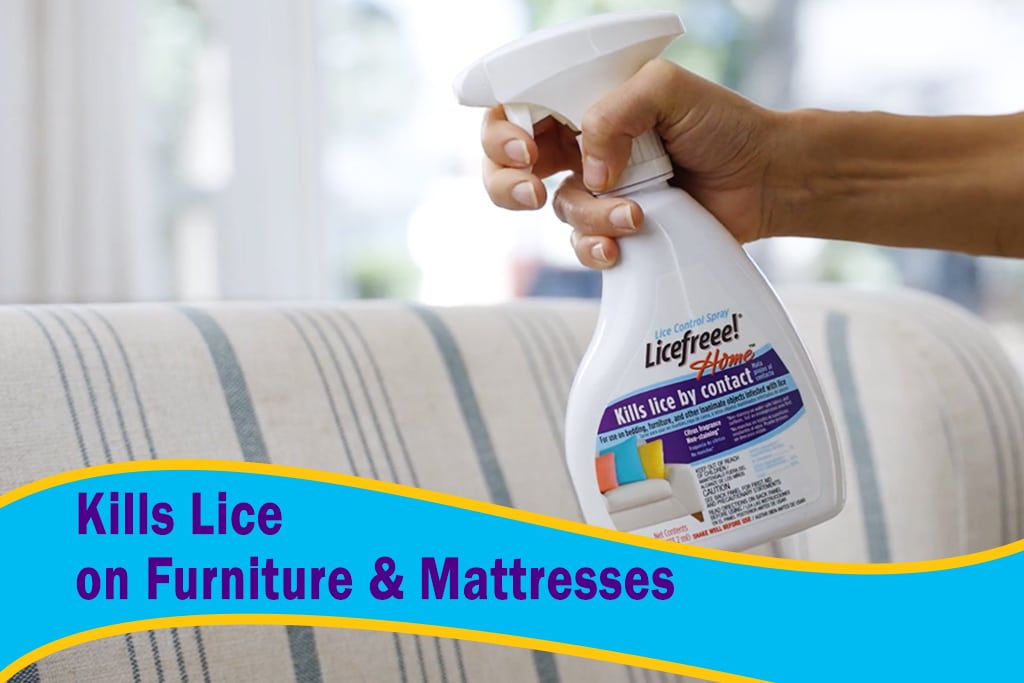Congratulations!
You are now officially part of a club you never wanted to join!
Best Non-toxic Lice Treatment
Our Latest News
Check out more articlesFAQs
Does Licefreee Gel lice treatment kill lice and nits (lice eggs)?
Yes, Licefreee Gel does kill the eggs as well as long as the product is fully in contact with the egg for a full hour. However, it is best practice to remove all of the eggs using the included nit comb just in case the product did not fully come in contact with that egg. Also note you can use the nit comb without doing a full treatment over the next few days just in case you missed any nits during the comb through. They can be tough to find.
How soon after using Licefreee Spray is it ok to wash your hair?
After using Licefreee Spray, as soon as your hair finishes drying naturally, (you don’t want to blow-dry to make sure the product stays in contact with the lice) you can wash it with your regular shampoo.
I've been exposed to lice should I treat?
It is not necessary to treat the hair just because you were exposed to lice unless you see live lice or nits. If you are spending time around someone who has a head lice infestation (friend, family member, co-worker), you may consider using Licefreee Everyday! Shampoo. Licefreee Everyday! is a homeopathic head lice shampoo containing naturally occurring ingredients that create an environment where head lice do not like to live.
Is there a way to clean the nit comb?
There are a few options for cleaning the nit comb.
- With each swipe through the hair, wipe the comb off with a paper towel or rinse.
- Soak comb in hot water (above 130°) for 5-10 minutes.
- Run through a cycle in your dishwasher, or you can use an old toothbrush and running water to get the dead lice out.
Is there any way to tell if nits (lice eggs) are dead or alive?
There is no way to look at a nit with the naked eye and determine if it is dead or alive. And although some people claim it does, popping them does not prove that one way or the other either. They are just too small. The only proof is when they don’t hatch 7-10 days later. Therefore, the best practice is to remove them from the hair.



